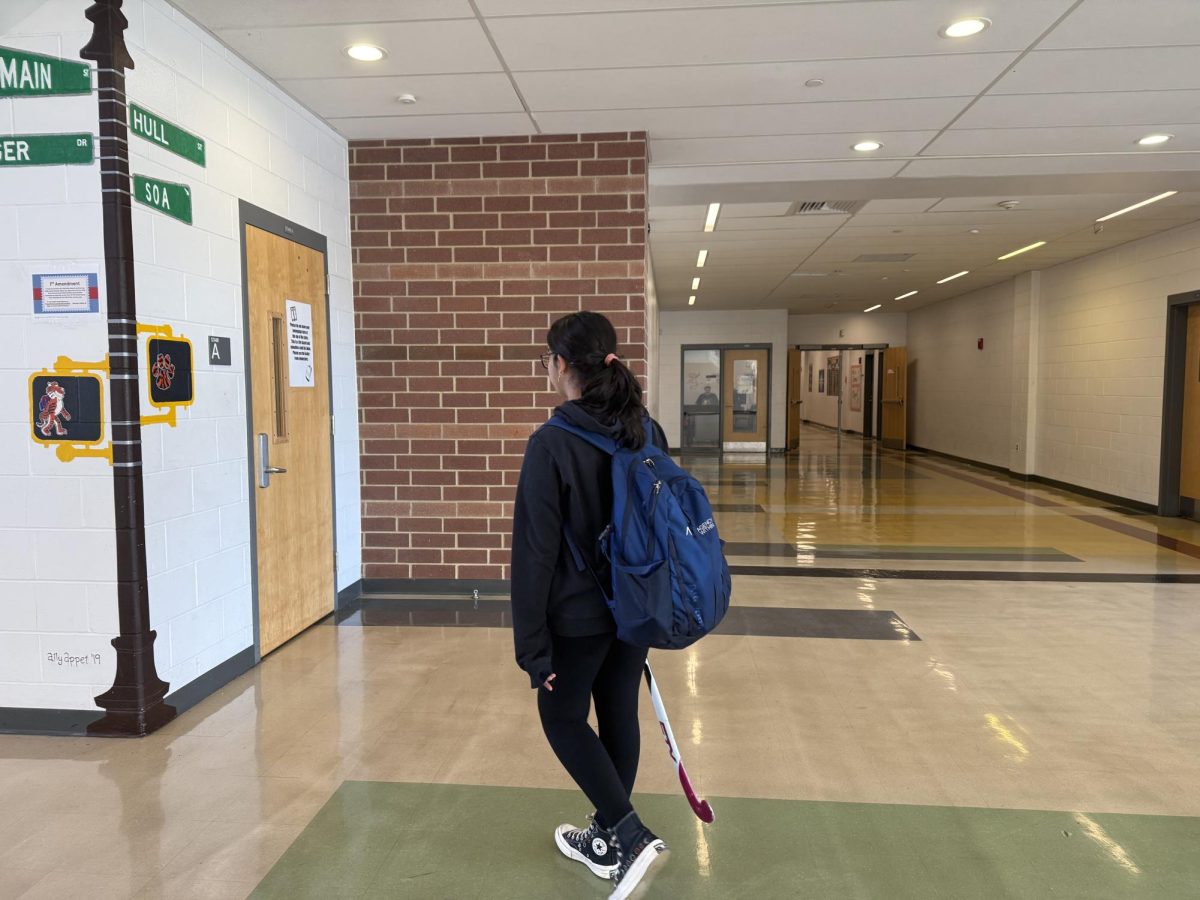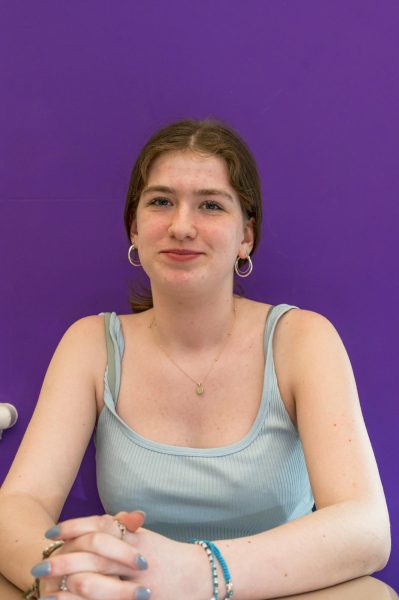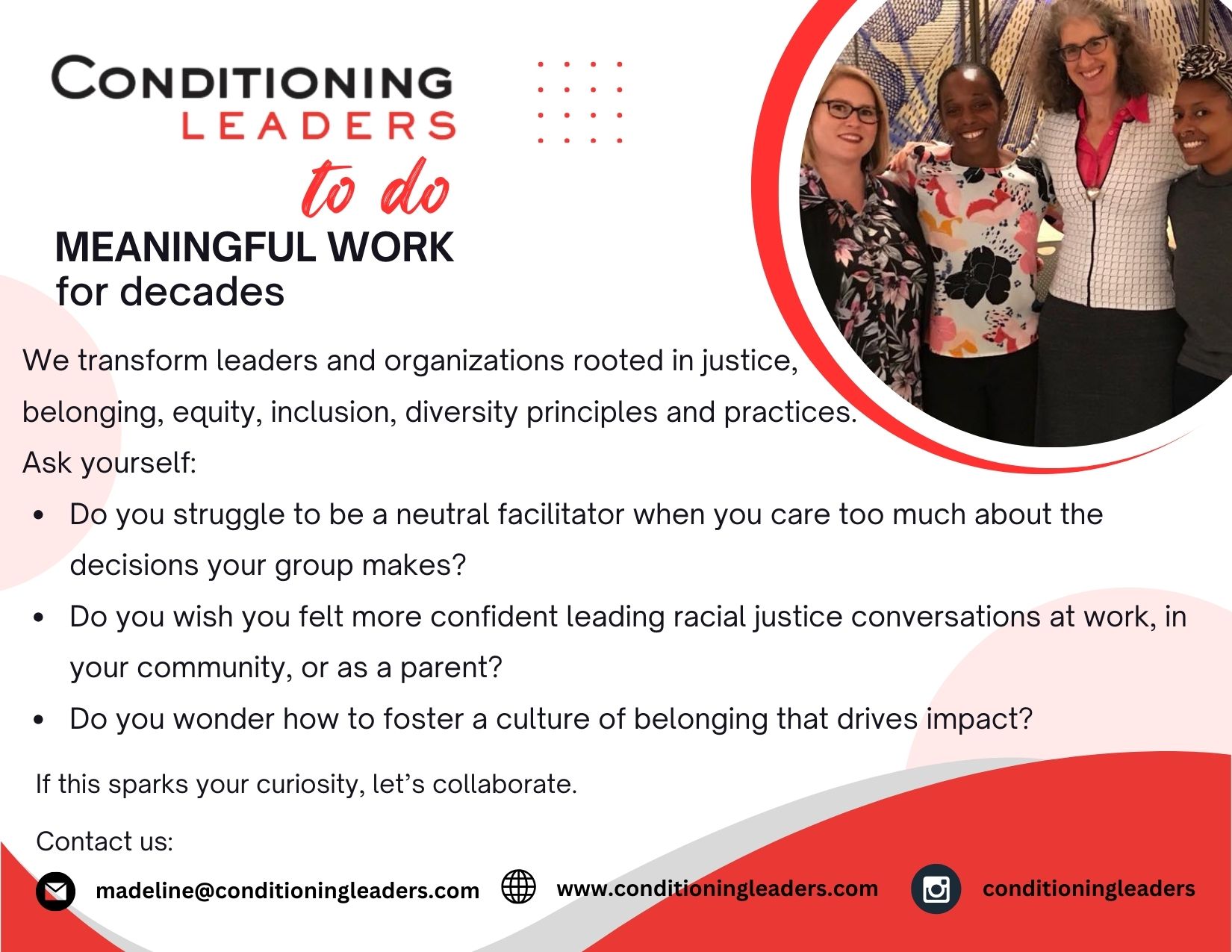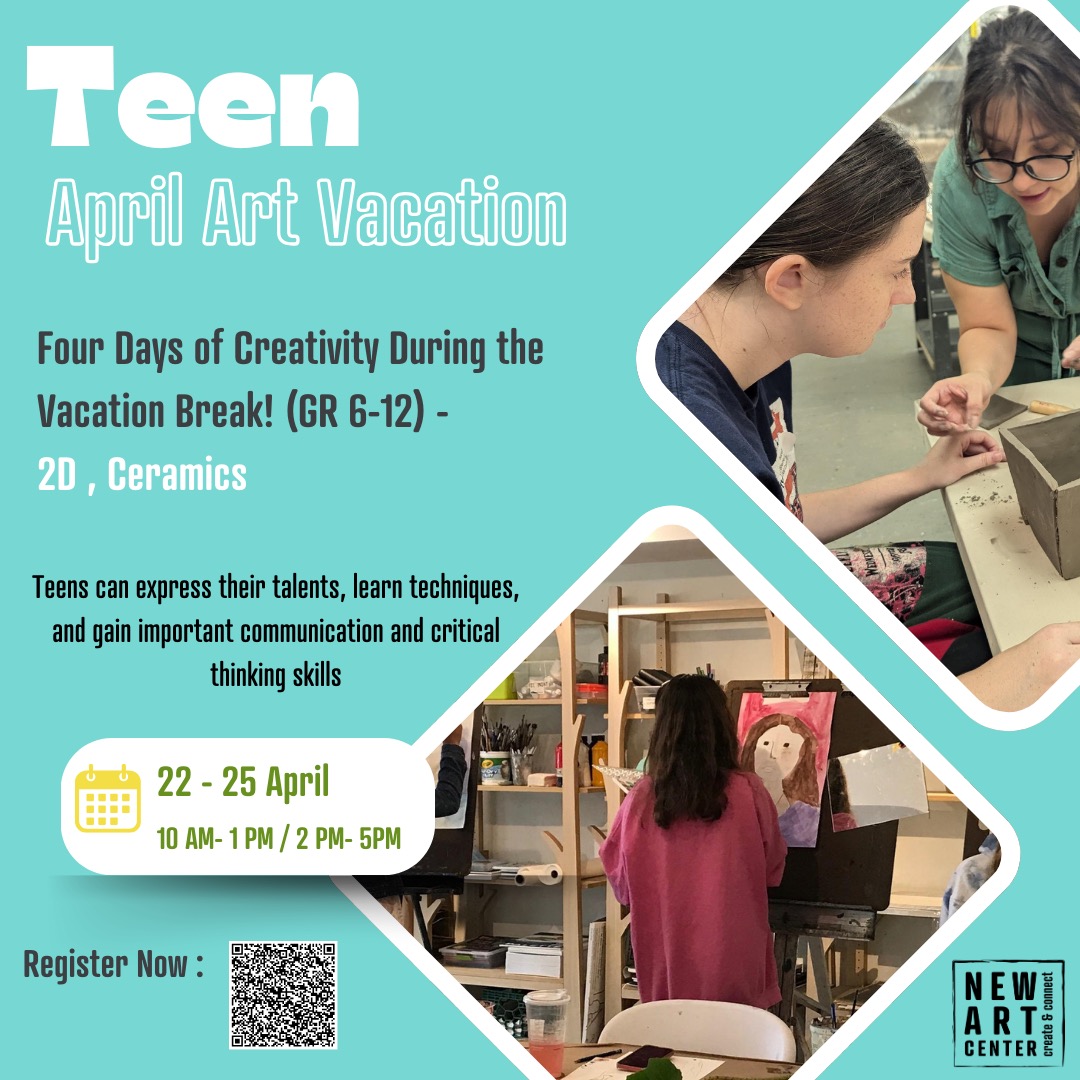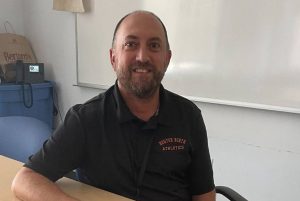Gruenbaum diminishes holocaust stigma through storytelling
February 19, 2023
Students had the opportunity to hear what childhood was like within Nazi concentration camps from holocaust survivor Michael Gruenbaum, who spoke about his experiences as a Jewish man during World War II Friday, Jan. 27 during c-block.
“I think that the general resurgence or uptake in anti-semitism around the world and in the U.S is certainly something that has impacted my thinking around the importance of Holocaust education and education around Jewish culture,” said history department head Gregory Drake, an organizer of the event. “I think that sort of global background has pushed me to be more aware of the opportunities we have to educate people about the roots of anti-semitism.”
Though traumatic, Gruenbaum reiterated the importance of sharing his story to diminish the stigma around Holocaust education.
“I didn’t talk about this thing for most of my life, and it was ten years ago when I realized that I really should do something because everyone else is dying off,” he said.
According to sophomore Yael Grossman, hearing about Gruenbaum’s experience and learning more about the holocaust from a primary perspective was a valuable opportunity.
“We are going to be the last generation ever to meet holocaust survivors, so we need to make the most out of every interaction with one,” said Grossman.
The presentation began with Gruenbaum detailing his family life in Prague, Czechoslovakia.
Following the Nazi invasion, his family was forced to move to a Prague ghetto, where his father was killed. A year later, Gruenbaum was deported to Theresienstadt, a concentration camp located in modern Czech Republic, with his mother and sister, although he was soon separated from them.
“My mother and sister were able to stay together, but there I was for the first time without my parents,” he added.
While most in Theresienstadt were deported to the Auschwitz concentration camp in 1944, where they were killed, Gruenbaum’s family was spared due to his mother’s quick thinking.
He explained that his mother stitched teddy bears for the children of a SS officer. “If she wasn’t there, their SS officer was not going to get those teddy bears.”
In 1945, Theresienstadt was liberated. “We had an inkling that something was happening because we suddenly saw the airplanes overhead,” said Gruenbaum, “And I always think of it when I use my electric toothbrush because that’s how it sounded when those airplanes were flying. We knew the end was coming.”
Following Gruenbaum’s oral history, attendees watched a short film detailing Gruenbaum’s life before the war and while he was in the concentration camp.








